Dangerous Safari Encounters
Africa
Risky Safari Moments that could send shivers down your spine
Sitting in your vehicle, binoculars in one hand, camera held in the other, excitement etched on your face, you are ready to capture that precious moment. Your eyes are fixed on a beautiful elephant bull. He looks relaxed as he ambles your way but then his ears flap as he raises his trunk and lets out a blast. A shiver runs down your spine along with a drop of perspiration trickling down your back. What if this safari highlight turns into a life-threatening disaster?
An elephant in Moremi Game Reserve that mock charged us, Botswana
Definition of a safari:
- an expedition to observe or hunt animals in their natural habitat, especially in East Africa.
True! It is of Arabic origin and is a Swahili word used for Kenyan and Tanzanian safaris. It now is commonly used throughout many parts of Africa, not just the eastern side. After all, countries such as Namibia, Botswana, Zimbabwe and of course South Africa is more south or south westerly in Africa, and many safaris take place in those countries.
What does an African safari entail?
The traditional description of a safari in Africa is a journey, short or long, to observe wildlife roaming in their natural habitat, albeit in reserves.
It can be a couple of hours on a safari vehicle or in your own car. It can also be a guided or self-drive overland trip to safari destinations such as national parks, game lodges or reserves that can take place over a few days, weeks or months.
Is going on a safari dangerous or is it safe?
Firstly, safaris overall are exceptionally safe, and as long as you abide by the simple rules provided by the national parks and/or guides, you should be able to relax and thoroughly enjoy the experience. There is always that thrill to see a wild animal in its natural habitat which will be exciting. I would recommend that everyone goes on a safari at least once in their life. It is a special moment, one that you will never forget.
Lion
A question I saw on the internet: Do safaris have lions – well duh, might be your response! To be fair, not all safaris have lions. It depends on the location and type of wildlife at the reserve. Lions also aren’t primarily the only wild animal that turns a safari into a disaster, although it has happened.
When safaris can end up in disaster
South Africa and indeed much of Africa is filled with reserves, lodges and farms that are great for safaris, from luxury to budget. We have been to many and we have had our fair share of scary moments when on safari. We try to use our common sense and stick to the rules, but there are moments with wildlife that have taken us by surprise. It happens so quickly.
Wildlife is exactly that - wild, even if they are used to humans or vehicles. They WILL protect themselves if they feel threatened or are cornered. Even the most docile of animals can hurt you and the smallest animal has more strength than you realise.
We need to remember we are in their territory. There is a fine balance between creating an unforgettable experience and behaving ethically in a safari situation. It is also necessary to bring awareness of the plight of wildlife such as extinction.
Why are people being attacked so often? It seems that way. Is it just because we are being made aware of it because of social media or is it that more and more people are going on safaris?
If you’ve lived in Africa or visited, it has been a common occurrence over the years hearing about animals such as hippopotamus or crocodiles attacking people as they cross rivers. These are people that have no option but to survive amongst the wildlife. It is part of their lives, but not necessarily an ideal situation.
When something similar happens in a reserve it is emphasized more and goes viral on social media or news channels. Most of the time it is because some tourists and unfortunately even some guides exploit, confront or attract them.
Never forget the animal is conditioned to find food and its instincts are to protect itself and its young.
Good safari etiquette
Most of us love safaris and I’m no exception. But I feel strongly about being cautious around these animals – and I have been very close to some of them.
Giraffe at Matamba Bush Camp
Here are some do’s and don’ts of an African safari.
1. Do not feed the animals or leave food out, even if it is a little bird or a mouse. You may think you are doing no harm but in turn it attracts other more dangerous animals or reptiles such as a snake. Why? You will know the answer if you realise what eats a bird or a mouse.
You may think you are doing a good deed if you feed a wild animal, or give them water during a drought, but that is not your responsibility when in a reserve. Think of the consequences. What would happen when you go away? Who would then feed them or give them water?
2. Do not get too close to the wildlife when on safari. Imagine if you are a rhinoceros or elephant surround by a troupe of vehicles. Would you not get anxious, especially if you have to protect your child or calf as in their case?
3. Do not attract animals such as jackal or hyenas by putting out bones or meat so that you can take that magnificent photo. Trust me, there are many who do that. We once had a photographer at a well-known national park tell us very arrogantly that he puts his chop bones out to attract them so he could take great photos.
4. Use reputable companies for safaris and then listen to your guide. They usually know far more about wildlife than we do.
5. Drive at or below the speed limit of the reserve and drive slowly around the wild animals. Do not chase, frighten, shout or harass them. Noise will generally scare them away.
6. Stay in your vehicle and don’t sit in your car window or pop your head out of a sunroof. The vehicles are a solid object but if the shape changes their instincts kick in. That is when they either flee or attack, depending on the situation.
7. One of the worst things to do is litter and yet it is one of the easiest to control. Keep your litter in a bag in your vehicle and then throw away at a suitable bin supplied by the reserve – usually in a rest camp.
Our close encounters on safari
Below are some of our safari moments that could have ended in disaster but thankfully did not.
Elephants
I am convinced that elephants have emotions just like humans. I have seen them interact and assist members of their herd as a kind and caring person would do. They are known to show their dislike of having you so close to them but usually it is a bluff or mock charge and then they carry on with their daily ritual. Don’t rest on your laurels though.
The top photo of this post was taken in Moremi Game Reserve in Botswana. We reached a water crossing where we needed to find a way through the water at one of the bridges. This elephant was walking towards us and gave us a warning that we were in its path.
Near the crossing but on the other side there was the rest of its herd blocking our way, so we had a few obstacles to overcome. We could not go back the way we came to get to the gate of the reserve in time before it closed for the day, getting through the water safely as well, because there was no bridge but also to keep a safe distance from the elephants, especially because there were calves. With a bit of patience and perseverance we got through.
Imagine driving on a narrow two-spoor road with dense vegetation on either side. Any elephant that steps out in front of you will give you a scare, even if it is not charging you. He would have heard your vehicle so he would be fully aware of you.
We were figuratively of course, sitting on eggs when we drove to Santa Maria in Maputo Special Reserve. The elephants there are known to surprise you and their instinct is to defend themselves. I am glad we only saw them from a distance.
Two spoor road in Maputo Special Reserve
Missing out on Roaming Fox Adventures? Be the first to know by clicking on the Subscribe Button and filling out the form.
Dense vegetation
On our first visit to Mapungubwe we were cautious of the wildlife at night. Although there is supposed to be a fence around the campsite, I don’t think it is capable of keeping any wild animal out. We could hear lion roar a distance away at night when we sat around the campfire. Closer to us we could hear branches breaking and the occasional trumpeting of an elephant, still far enough away.
One night soon after midnight we could hear smaller branches or twigs crackling very close to us and soon it was right outside our tent. One of the elephants had entered the camp and was munching at a branch above our tent. We sat still inside our tent trying to peer out the thick gauze of our windows but were disappointed that we could not see much in the dark except for a vague outline.
Soon he or she moved on. The following morning we saw spoor of the elephant next to our tent, as well as the sap from the tree that had dripped on the canvas. We found a spoor of a hyena closeby as well.
For some tips on how to behave near elephants, click here.
Monkeys
Monkeys can be a nuisance at campsites and at Tlopi Tented Camp in Marakele National Park they were no exception. We were told they were a nuisance and therefore made sure our food was out of sight in the kitchenette that had a sliding door.
As much as we loved watching them, we knew they would be up to mischief sooner or later. Little did we know how naughty they were going to be.
They had found a tiny gap in the canvas of the tents where they could fit through. They found some tubes of face cream and other toiletries. They then bit through the plastic or unscrewed some of the lids and smeared cream everywhere. It was a mess and I am sure it did not taste pleasant. At the time we were very pleased to have enclosed kitchens with their sliding doors where we kept our food out of sight.
Our relief did not last long. They could still get into the kitchens. Unless the doors were locked, they could gain access by sliding the doors open. I am not lying. Somehow they managed to push the doors till they opened.
Furthermore they could open the fridge too. They then bit the milk carton into pieces and slurped at the milk then messed some of it all over the kitchen floor. The rest of the contents of the fridge with half eaten bits and pieces were strewn throughout the kitchen.
As if that was not enough, they decided to raid one of the tents again, no doubt finding that gap in the canvas that they used the first time.
They had snatched a pill box, the ones where you pack your daily or weekly supply into little compartments. When they saw us they slipped outside and scrambled up a tree, then leapt from branch to branch whilst opening each little compartments. Pills scattered everywhere.
I am not sure how many they ate, but we tried to get them to drop the box, because it was essential medication. Eventually the alpha male appeared and became rather aggressive until we stood together. Eventually they lost interest and dropped the pill container. We retrieved a few but certainly not all.
We have also had a monkey enter our car while we unpacked at a campsite at Camdeboo National Park. Usually we are observant and this time we did not notice any. As we turned our back to the car to put some of our camping gear in our caravan, one of them appeared from nowhere and grabbed a closed packet of crisps after it quickly sneaked into our vehicle.
Baboons
We often see and hear baboons when we are camping at places like Mountain Sanctuary Park. They have become a nuisance at the campsites. At Cape Point there have even been occasions when baboons have stolen tourist’s food out of their hands. Those jaws are quite powerful and their teeth big and sharp and I would not want them chomping at me.
Jackals
At Rooiputs in the Kgalagadi National Park one of the jackal stole our cooler bag from inside our zipped-up tent while we were out on a game drive. It was not a flimsy zip. Other campers at one of the campsites near us witnessed the entire incident. Initially they tried to chase it away but it was rather persistent. Jackals are wily little hunters.
The jackal used its teeth and wiggled the zip till the gap was big enough for it to get through. It then dragged the small cool bag through the gap into the veld. Inside the bag was only two small bottles of Coca Cola, a bread roll and 4 cocktail tomatoes. Because there was nothing of interest for it, he ditched it. The crows had a field day, pecking at the roll.
These are prime examples of animals knowing that humans bring food and therefore they become opportunistic.
Other animals that could make ruin your safari if you are not careful
Buffalo
One of the most dangerous animals in Africa are buffalo. One of the Big 5, they are known to be grumpy and unpredictable. They look docile and sleepy, if somewhat scary, as they lie in wait but can charge at the last minute. Old bulls that wander on their own because they have left the herd, tend to be more aggressive as well.
Hippopotamus
The world’s deadliest mammal is the hippopotamus. Even though they are ungainly herbivores they can be very aggressive if they sense danger. They kill a large amount of people in Africa per year. Don’t let their awkward bulk fool you and think you can outrun them because they can reach a speed of up to 48 kilometres an hour.
Giraffe
Although not aggressive usually, giraffe can be quite inquisitive and peaceful, especially if they are used to humans. They will only attack in self defence or when protecting their young. The most dangerous part of a giraffe are their hooves. A kick can be deadly even if they are only running away from you because their legs can reach far.
Warthog
Theoretically warthogs are not aggressive animals. Usually they do not pose a threat to humans. They have often been reared as pets when something has happened to their parents. However, I have seen on more than one occasion a warthog that has charged a human or an animal, whether they felt threatened or just felt that the territory was theirs.
Snakes
I am not knowledgeable about snakes but I am wary of them. If you love camping in the wild, always be on the lookout for them. Sometimes they like the warmth of the engine in your vehicle or occasionally you can find them under your groundsheet, so be careful when you shake it out.
Another place they like to hide is in a pile of wood, so be careful when you pick up that piece to put in your fire.
Scorpions
Scorpions need no introduction and most people are aware that they can be deadly. How do you know if they are venomous? The general rule of thumb in southern Africa is that the thick tailed or fat tailed scorpions have potent venom, especially the Parabuthus transvaalicus whose venom is neurotoxic and can be fatal to humans if left untreated.
A good guideline to remember: The thicker the tail, and the smaller the pincers, the more venomous it is. Be careful when picking up stones, as one often finds them hiding underneath. Roll the stone towards you so that there is a good chance it would scuttle away in the other direction. They also like to hide in trees, logs or piles of wood so once again be cautious when picking up that piece of firewood.
They are generally nocturnal and come out at night to hunt the smaller insects, spiders or centipedes. In the Kalahari or the Namib desert you have more chance of seeing them on a windy day. The wind prohibits the small insects from flying so they spend more time on the sand. This is then a great opportunity for the scorpions to catch them.
Be sure to wear sturdy, closed shoes to protect your feet even though they would only sting you accidentally. It is also a great idea to make sure that you tip your shoes over and tap them before putting them on, in case a scorpion has decided that it is a great place to hide. It is a tip that we were taught as kids.
Impala
Chances are that impala will run away before you get close to them, unless they have become tame. I certainly do not classify them as dangerous at all but even those little horns could do serious harm if they feel threatened.
I hope you will always be safe when on safari, and that these tips are helpful to you.
Crazy moments on safari – when safaris can go horribly wrong
WARNING!!
NOT FOR SENSITIVE VIEWERS - COULD BE DISTRESSING.
I have found the links of a few videos of dangerous encounters with animals on safari. I have tried not to choose links that are gruesome, but they could distress sensitive people.
Some of these moments have gone utterly wrong. On other occasions the occupants of the vehicles or tents got off lightly. If you would like to browse through them, you are welcome to do so. If you are fascinated by them you will find many more, some of which are really unpleasant, if you search the internet.
There certainly are enough horrific encounters, so I hope you will take care and exercise caution when on safari.
A Lion in my Tent - Worth a watch. Thankfully these people were outside their tent, in their vehicle.
Angry Rhino Bull Charge Cars in Kruger National Park
When Giraffes attack. This might not be such a great video but you will get the idea how a giraffe can kick.
Lion in game viewing vehicle – it is obvious that this lion is used to humans, but I still feel this is not a good situation.
Hippo chasing boat. A scary situation you don’t want to get yourself into.
Hippo attack - where you don’t actually see the hippo, but you can see how easily it could overturn a boat.
Trapped in a terrifying Elephant Stampede in Kruger National Park
Family survives bull elephant after it flips their Ford SUV at Lake St Lucia
Angry Elephant Charges Safari Guide | Big 5 | African Wild Elephants
On Pinterest? Save for Later!
Find me on Social Media:
Here are some of my favourite tips and resources when we travel:
Researching a destination to find out more about it? We use Tripadvisor. You can even get a great deal from them!
How do you get there? Use Aviasales to check flights.
Pre-organised tours and jump the queue entrance tickets are obtainable from GetYourGuide. It is a great website to browse through and book while Big Bus Tours are ideal for hop on hop off tours. Expedia UK are great for adventures and experiences, holiday deals and trip ideas.
Where are you going to sleep at night? Booking.com have great deals and Hotellook have great discounts and hotel deals.
Going to Europe and want to hire a campervan? Try PaulCamper, Europe’s largest platform to hire or rent out campervans throughout the UK or Germany, Austria and the Netherlands.
If you have not found what you are looking for, head on over to my Shop or Resources page and browse there.
Step by step instructions on how to leave a comment on my blog:
Type in your comment in the comment box.
Click ‘Post Comment’
Briefly a message should appear saying you are not logged in, then a box with ‘Post a Comment’ will appear for you to complete with your name, email address and website URL (if you have one).
Fill in your first name and email address in the appropriate section. (Your email will not be made public and will not be used for any other purpose than for you to get a notification of a reply to your comment.)
Click ‘Comment as Guest’ and you’re good to go!
To subscribe to my blogs, please fill out the SUBSCRIBE form.
Thank you.
I know it is quite a process, but it helps keep our websites secure. Your email address will not be shared or displayed.
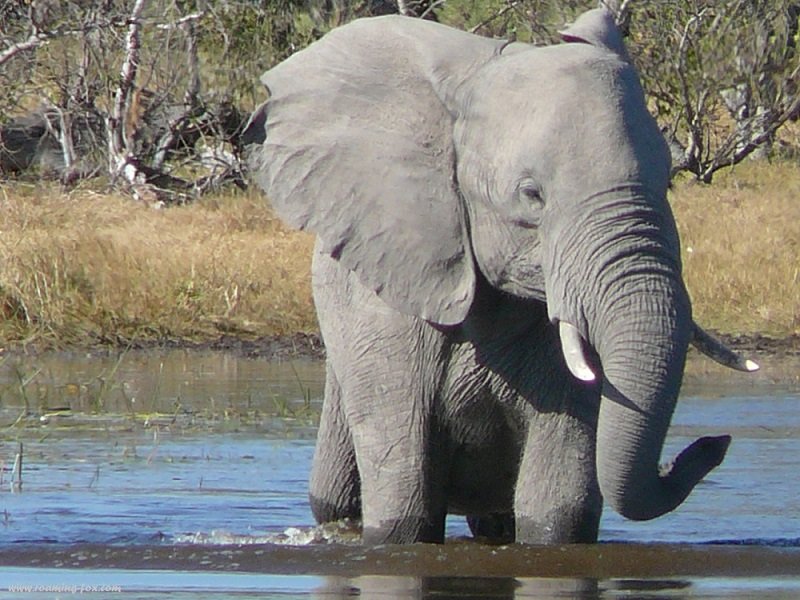






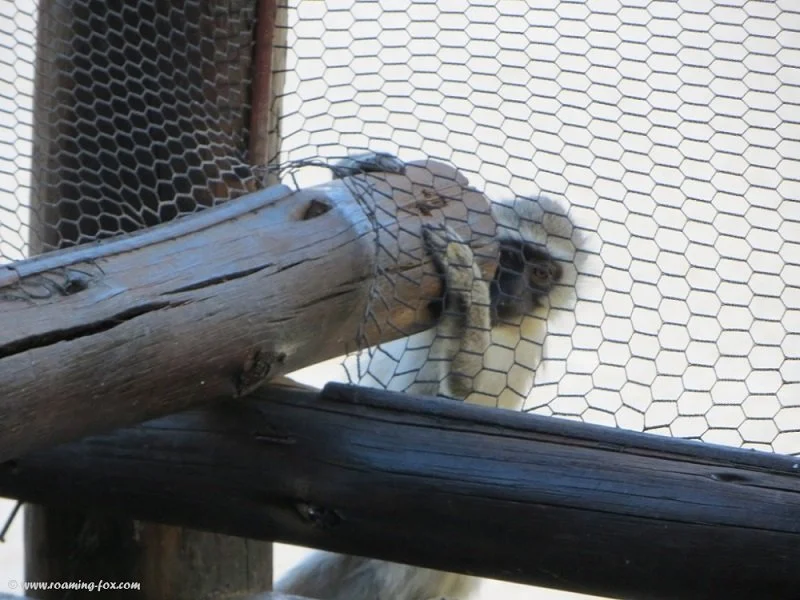






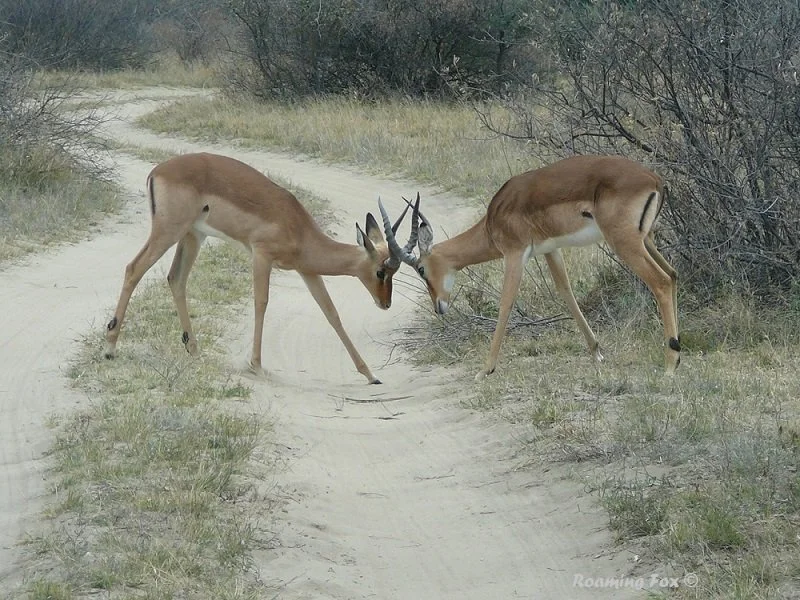


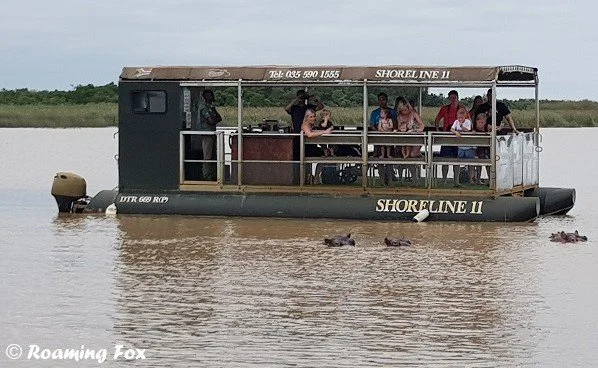

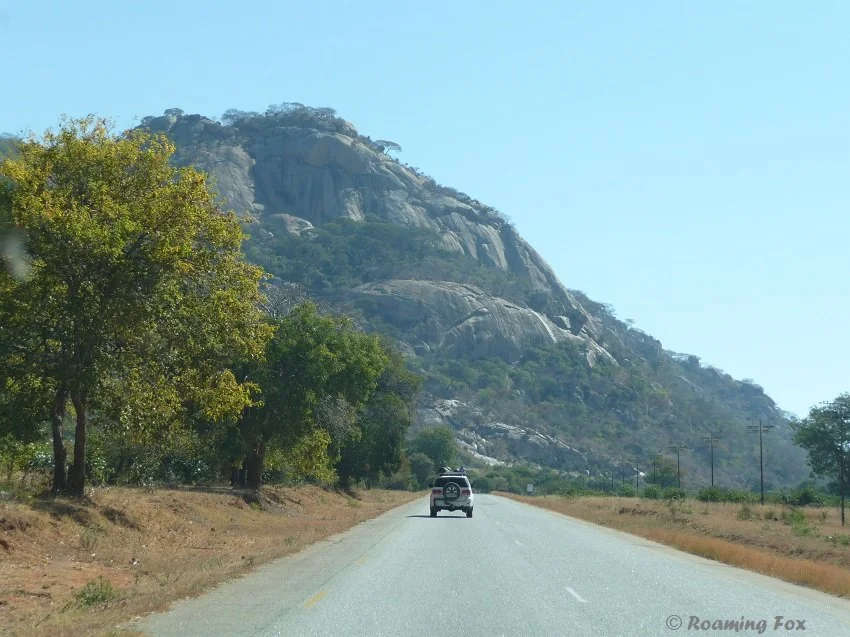
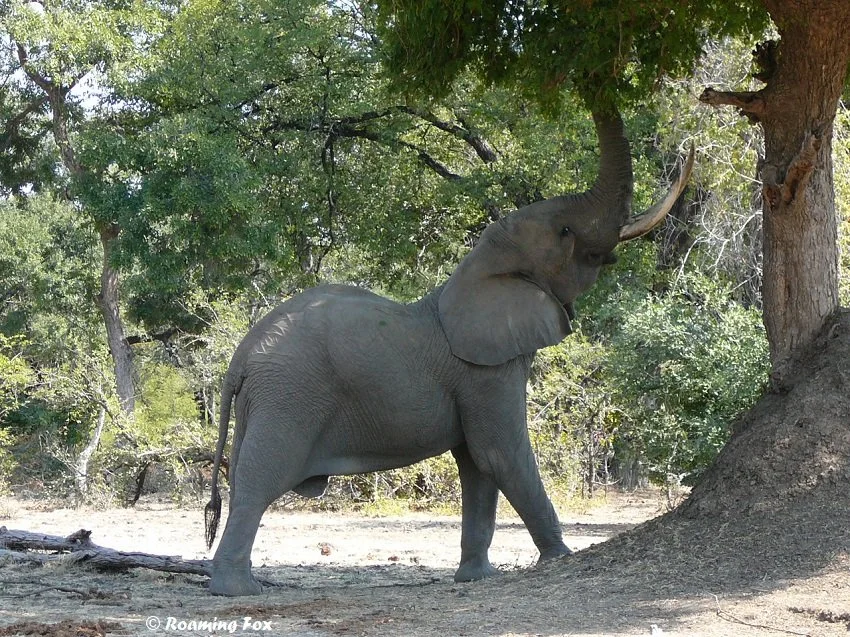






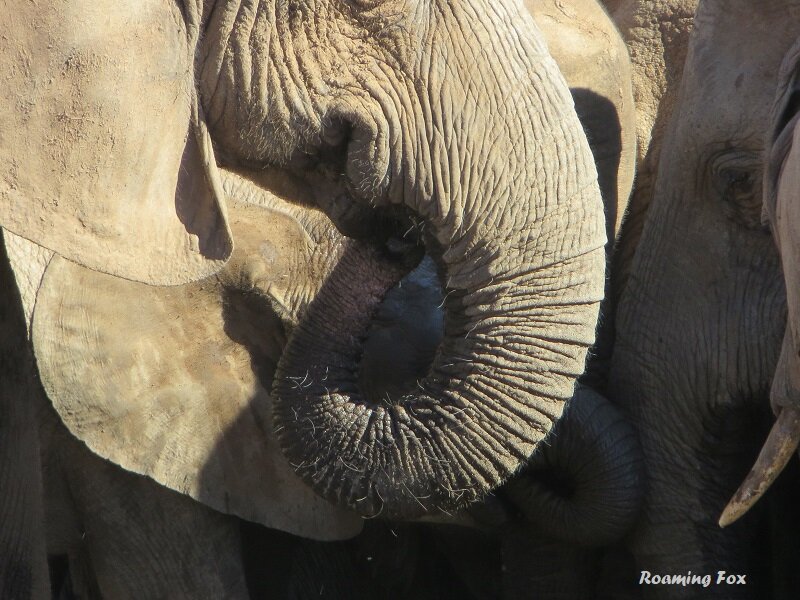

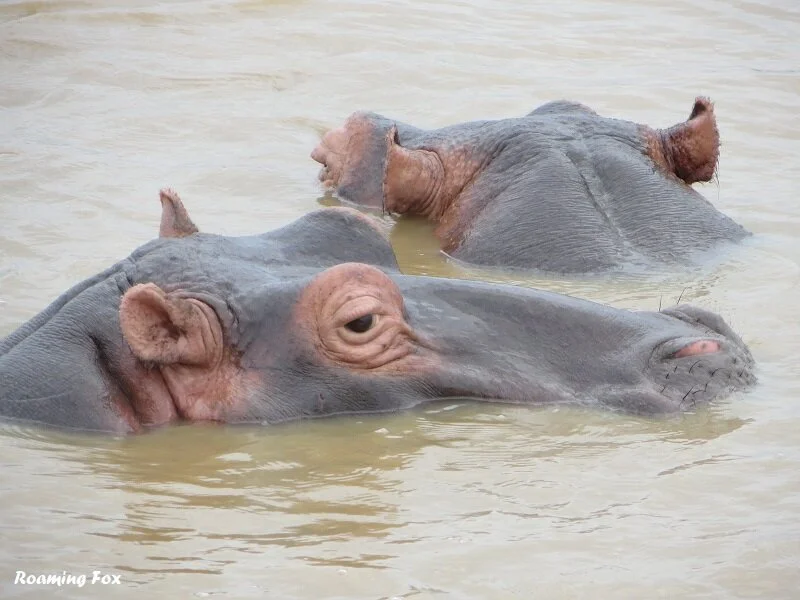



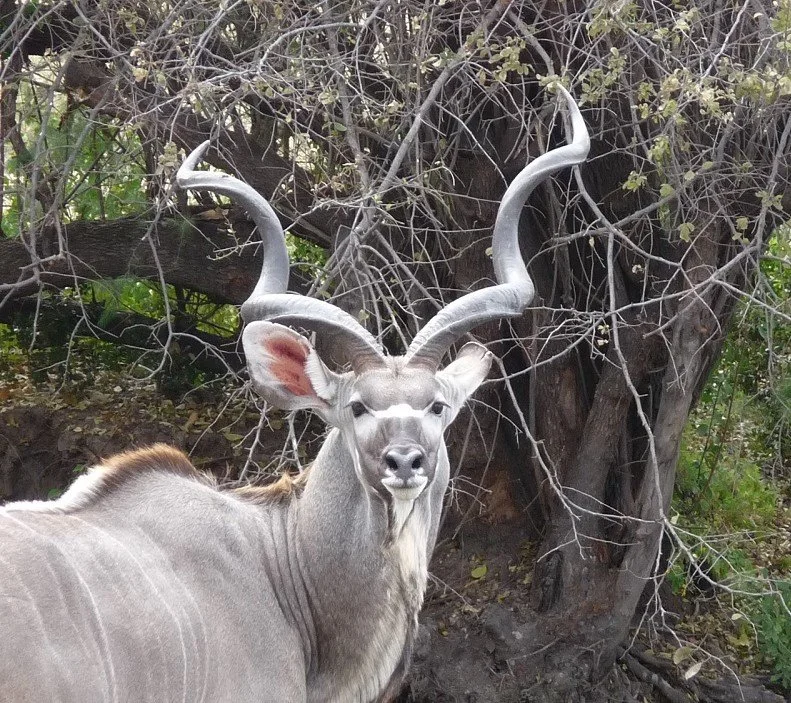
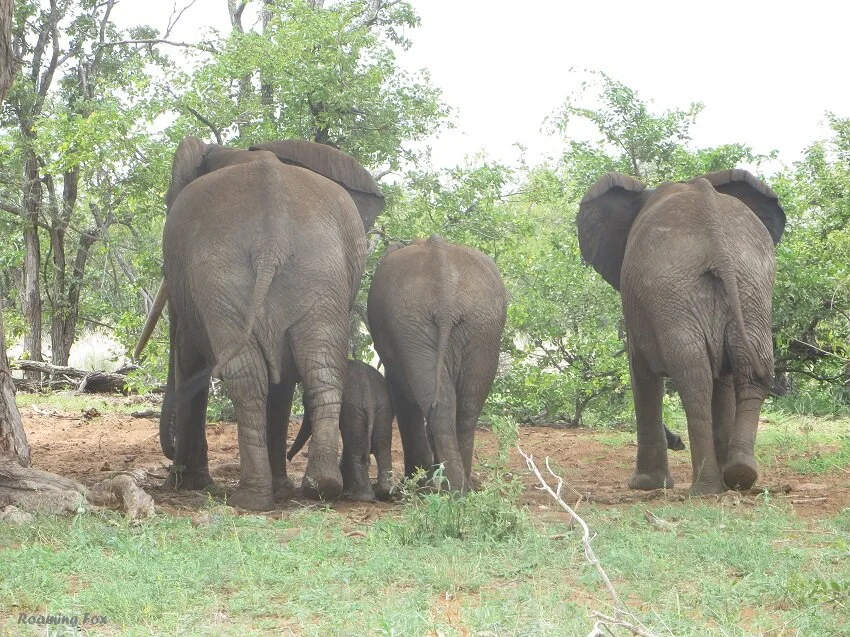
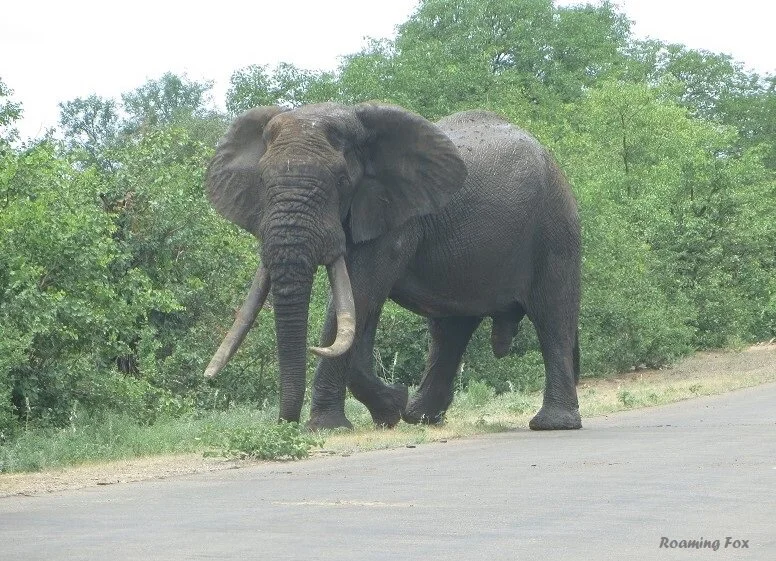




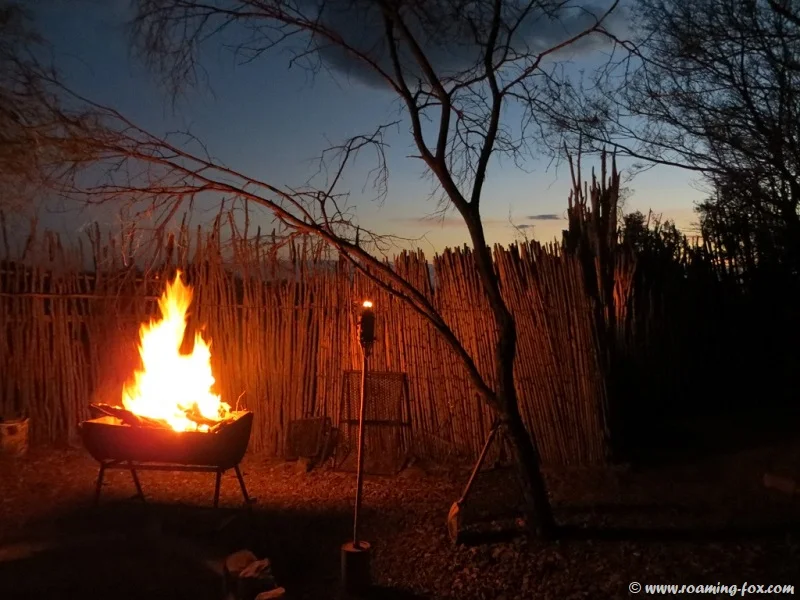
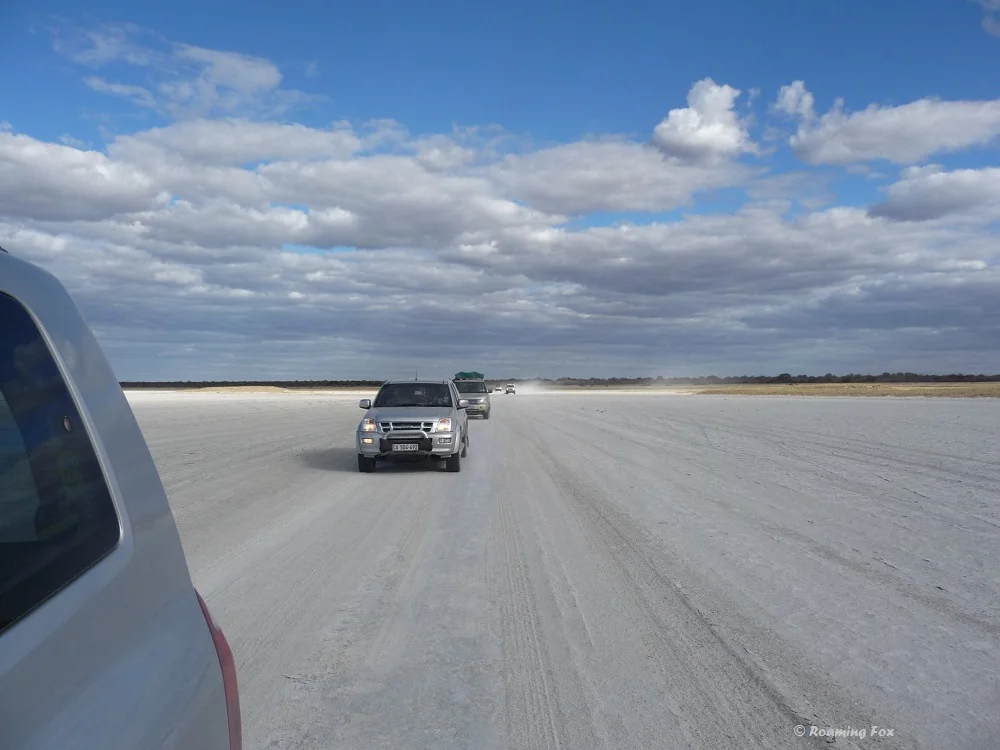
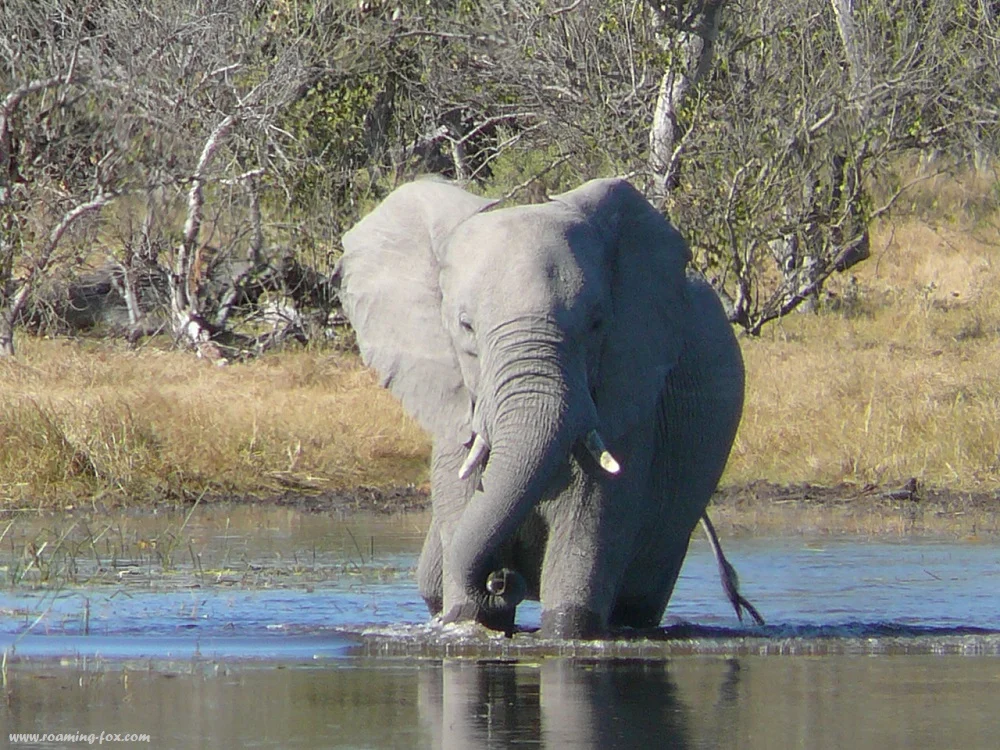



Add some of our best experiences to your South African bucket list.